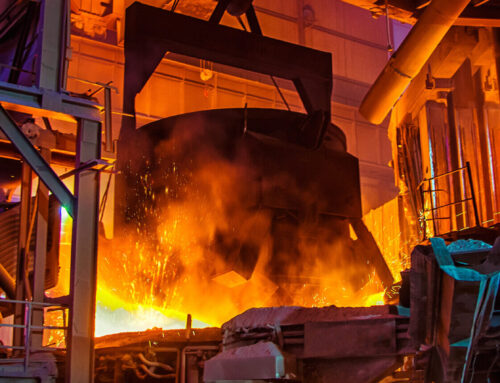In a 2018 study, Tim Newbold argues that climate change could become the leading cause of biodiversity loss by 2070, ahead of land-use change.
Biodiversity degradation is thus both an additional driver of climate change and a threat to the ability of biodiversity to mitigate climate change.
Biodiversity loss is a phenomenon closely linked to climate change that should be considered a priority
On a global scale, we are already witnessing how climate change is affecting biodiversity by altering the recurrence of precipitations, the seasonality, or the intensity of storm events. These alterations disrupt all ecosystems, whether marine, terrestrial or freshwater. It is predicted that the relationship between humans and nature will be significantly altered. Rural dwellers will find that the type of agricultural production, as well as cultivable areas, have changed, while urban dwellers will deplore that fuel import costs are higher (The Economics of Biodiversity: The Dasgupta Review).
A vicious circle that leads to harmful degradation
Alterations in biodiversity, in turn, affect the climate system, particularly through their effects on the nitrogen, carbon and water cycles.
- The decrease in the number of plant species causes an increase in the concentration of nitrogen in the soil, which is usually absorbed by vegetation.
- The decrease in plant and animal life also implies an increase in carbon dioxide in the atmosphere, which is usually captured by wildlife.
- The decrease in forest resources also affects the planetary stock of fresh water: the roots and leaves of trees constitute a natural filtration and storage system that favours the infiltration of rainwater into the soil (The Economics of Biodiversity: The Dasgupta Review).
Biodiversity degradation is thus both an additional driver of climate change and a threat to the ability of biodiversity to mitigate climate change (2).
The IPBES and IPCC report calls for a major increase in the number of protected areas to 30-50% of land and ocean, up from 15% of land and 7.5% of the ocean today.
Protecting one to address the other
In a joint report published in 2021, the IPCC and IPBES point out that this correlation between climate change and biodiversity loss implies that, in order to satisfactorily address one of these two issues, it is necessary to address the other.
The Amazon rainforest is a prime example of this interdependence. A popular symbol of the negative impact of human activities on its biodiversity, the Amazon is also a carbon sink that absorbs a portion of anthropogenic CO2 emissions each year. Today it contains an amount of carbon equivalent to a decade of global human emissions (3). Mitigating the effects of climate change will have a positive impact on the richness of biodiversity in the Amazon and mitigating the loss of biodiversity in this region will have a positive impact on climate change.
To halt biodiversity loss and mitigate climate change, the IPBES and IPCC report calls for a major increase in the number of protected areas to 30-50% of land and ocean, up from 15% of land and 7.5% of ocean today.
Want to understand how to use this information to integrate CSR into your business? Schedule a free 30-minute consultation!

Who we are
With Positivéco, your success is our priority. Since our conception, we have always applied financial and commercial expertise outside the traditional silos, to structure successful and impactful client projects. This improves the visibility of your activities for enhanced profitability and increases your financial valuation.
About Positivéco
At Positivéco, we see the new national and international regulations on CSR as an opportunity for positive growth.
Our aim: to apply financial and commercial skills to structure projects outside the traditional silos.
Since 2009, we have been supporting climate investment and development aid projects; we evaluate CSR policies and carry out extra-financial reporting for our clients. Positivéco advises financial institutions, public actors, listed and non-listed companies.
Request a callback today and discover how you can meet the new CSR requirements while serving the company’s project.









Contact us now!